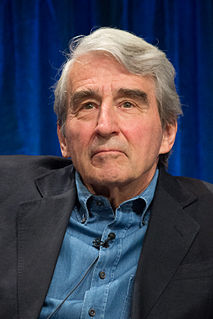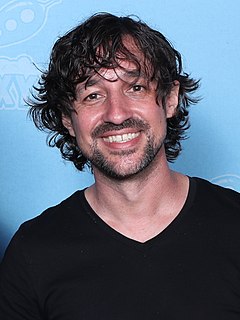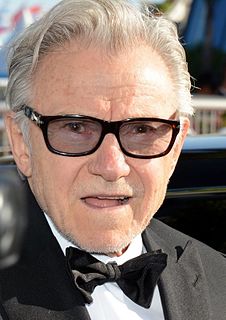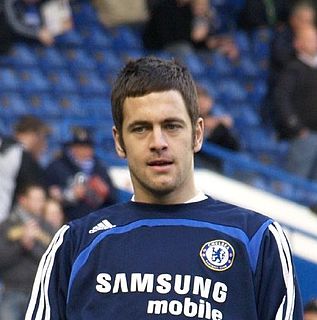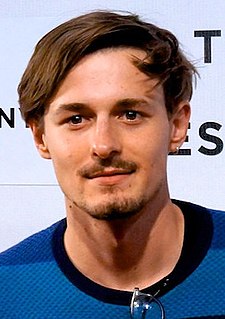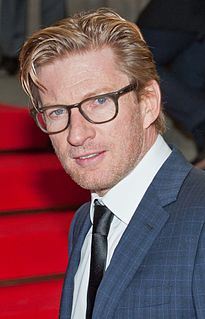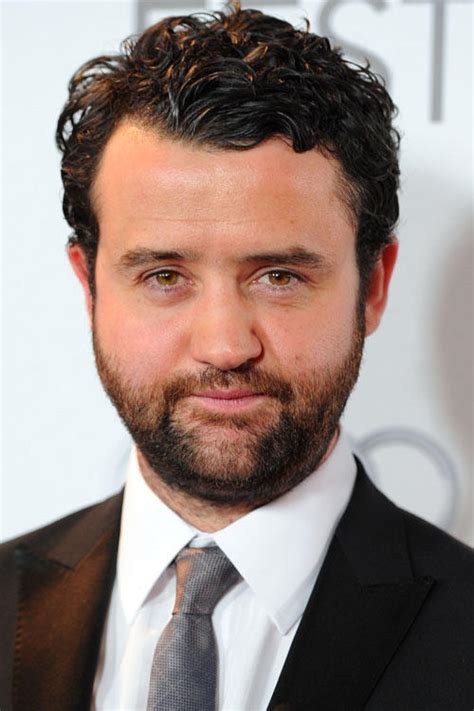Top 13 Stanislavski Quotes & Sayings
Explore popular Stanislavski quotes.
Last updated on November 28, 2024.
I played Lucky in Waiting for Godot at Yale and it was a thing that Stanislavski talks about: he says you don't need his 'method' if you can count on your inspiration and it was a moment of inspiration that came to me, not in rehearsal but on stage. It hit me right there in the middle of the play and it was great - it travelled into immediate communication.
I do the best I can - I know my way around [Russian method acting pioneer] Stanislavski, but I can't take myself seriously like that. I respect people who do it, of course. I just think I'm lucky to still be working at 73. You reach a point in life where you just think, "Show up, do your job, make sure the cheque's on the way," and that's it. I'm not hungry to do anything more, really.
The "magic if" is a tool invented by Stanislavski, the father of acting craft, is to help an actor make appropriate choices. Essentially, the "magic if" refers to the answer to the question, "What would I do if I were this character in this situation?" Note that the question is not "What would I do if I were in this situation?" What you would do may be very different from what the character would do. Your job, based on your analysis of the script, the scene, and the given circumstances regarding the who of your character, is to decide what he or she would do.
All of modern acting comes from Stanislavski, who was the Russian partner to Chekhov. When Chekhov was writing his plays, Stanislavski was running his theater. And Stanislavski really was the first inventor of modern acting and then everything that came out of the method and Stella Adler and the great teachers really came out of him.
It was only when I went to acting school that I was like, "You are absolutely such a pigheaded freak show that you thought you, at the age of 12 or 13, could have a better understanding of Stanislavski. Why did you think that you didn't need to go to school?" It was quite funny. But, I was certainly inspired.
Some people have heard of The Method, which originally goes back to Stanislavski... he gave you six major pointers whereby you became that character and tried to fool your mind psychologically. That's it in a nutshell. Daniel Day Lewis is an example of somebody like that who stays in character between takes.
